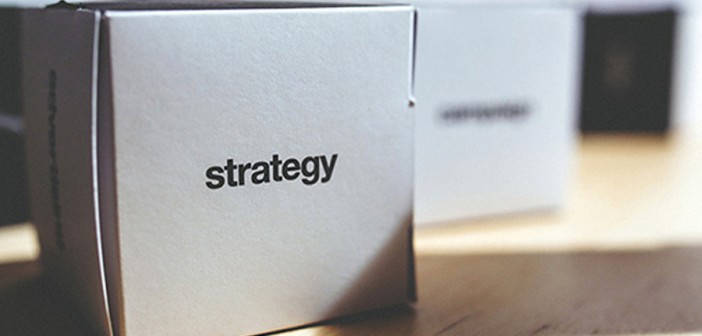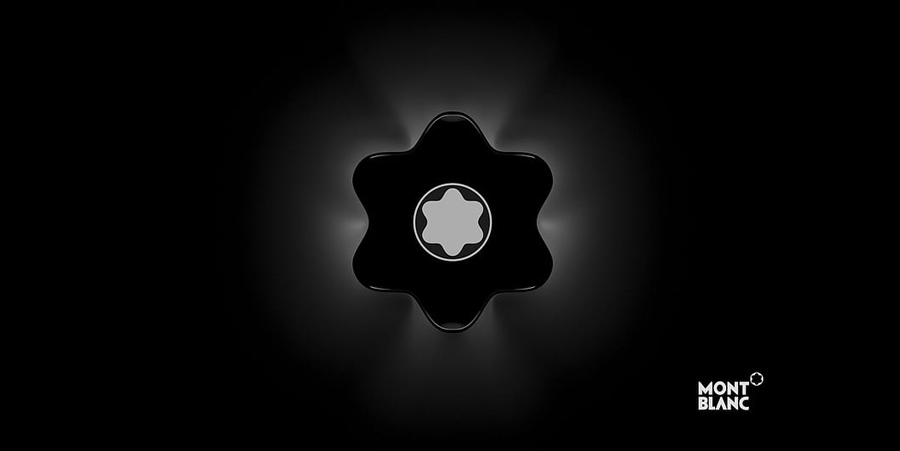One challenge women have had in the workplace is that while they are working hard, they may not have clearly defined their value proposition, or personal brand. Genuine brands have a distinctive position in the mind’s eye, as well as perceived functional and emotional benefits. The benefits are the key—how people feel when they interact with the brand is why they choose that brand over another.
Everyone can name strong brands such as Apple, Disney and Nike. These brands not only represent the products themselves, but they represent innovation, happiness and performance. The consumer’s feelings when connecting to these larger brand promises drive brand loyalty, moving someone from customer to raving fan. It’s critical for individuals to know both what skills they are bringing to the table and what their brand is communicating. What are the unique products and skills someone has? Beyond the quality of their work, how do others feel when they associate with them? What are the perceived functional and emotional benefits of working with this person? These are the true differentiators, and this discovery involves some introspection that is often missed.
WHY IS SELF-BRANDING SO TOUGH?
There are many reasons women struggle with self-branding more than men. At the core, women in business suffer more from feelings of self-doubt and a lack of confidence than their male counterparts. A study released in 2011 by Europe’s Institute of Leadership and Management revealed that women report having lower confidence in regard to their careers. Here are some findings from the study.
| • | Seventy percent of males have high or very high levels of self-confidence, compared to 50 percent of women. |
| • | Half of women managers admitted to feelings of self-doubt about their performance and career, compared to only 31 percent of men. |
| • | Men are more willing to take public credit for their successes. Women believe their accomplishments should speak for themselves. |
According to Jill Flynn, author of Break Your Own Rules: How to Change the Patterns of Thinking that Block Women’s Paths to Power, one issue keeping women from self-branding is their desire to blend in. “Some women go to great lengths to avoid attention. They don’t want to stand out—in meetings, in the boardroom or even in the elevator. But blending in means you are missing opportunities—every single day—to stand out and sell your ideas.” (HBR.org, 2011)
MEETING INDUSTRY ROADBLOCKS
The meeting industry has additional challenges to self-branding. The meeting planner position is a behind-the-scenes role, highlighting others on stage while handling all the logistics and planning to keep the show running smoothly. The industry is continuing to evolve, with planners still having to define the value that they or their meetings or events bring while avoiding the “party planner” label. Traditional roles like lawyer, doctor or accountant don’t struggle with this lack of professional identity.
Other reasons personal branding is challenging could be unintentional. An employee may have over-committed in the spirit of being a team player or liked. They may be doing a lot of projects, but not ones that are supporting their personal brand. In an effort to accomplish a lot of tasks, they may be falling back on logistics while their co-workers are taking on strategic, higher-profile projects. Many meeting planners struggle with the transition from logistics to a leadership or strategy role where they are not involved with all the details of implementing a program. Or maybe someone just hasn’t taken the time to consider what they are good at, and what they want their brand to be.
HOW TO DEFINE A PERSONAL BRAND
A job role is not a personal brand; a brand stays with someone no matter what position they are in. A powerful personal brand is consistent and authentic. Strong brands are not trying to be something or someone they are not—consumers see through this in companies, and people see through this with other people. Here’s how people with strong brands identify and maintain their brand identities.
| 1. | They identify personal passions. They gravitate towards projects, causes and people that they care about, and these passions are foundational to what drives them and who they are. |
| 2. | They ask others. Close friends and colleagues can help define personal strengths and brands. Even if the person can’t clearly see what drives them, it’s likely those closest to them can. |
| 3. | They define their desired brand. If someone’s current brand isn’t exactly what they expected or desired, they can move toward the brand they want to communicate. They start with identifying adjectives and emotions that describe how they want people to feel when interacting with them. |
| 4. | They are honest about roadblocks. They explore what is preventing them from developing their desired brand. Are they in a job that brings out their worst, instead of their best? Do they need to add different people to their social circles that will help them grow toward their best self? |
| 5. | They seek opportunities to use their strengths. These brand champions find something that their organization or industry is missing that they can provide that helps grow their brand awareness. They project themselves consistently in alignment with their brand. |
“When I look at individuals in the meeting industry, I look beyond their company name, logo, image or services to try to see who they are,” says Laurel Coote, CMM (MPI Southern California Chapter), owner of Pick My Brain Consulting. “It’s such a combination of things that makes a personal brand. I believe that one must have personal integrity—a way of living out who they are as their truth, and that truth has to come through in their work.”
WHAT TO DO TODAY: A SELF AUDIT
Take 10 minutes today to list your core values/passions, your talents and strengths. Then identify areas of need in all the areas you interact (work, home, social) where you can leverage your passions and talents. For example, if environmental responsibility is personally important to you, can you be the sustainability champion for your meetings team? Chances are the projects that fall into this area are those that will not only strongly represent your brand, but they will be the most personally fulfilling as well.
| What Would Your Personal Cards Say? |
| Often we define our value proposition by our job role or function. When meeting new people and they ask what we do, we answer, “I’m a hotel salesperson” or “I’m a meeting planner.” The job position response doesn’t communicate our brand, and definitely doesn’t differentiate us from others doing that same job. What if you were creating your own cards? What would you say to define who you are, not what you do? Create a title and tagline that will remain the same no matter what job you are doing. My title is Difference Maker, and my tagline is “Helping People Live More Authentic, Inspired, and Successful Lives.” It’s who I am. Who are you? |


